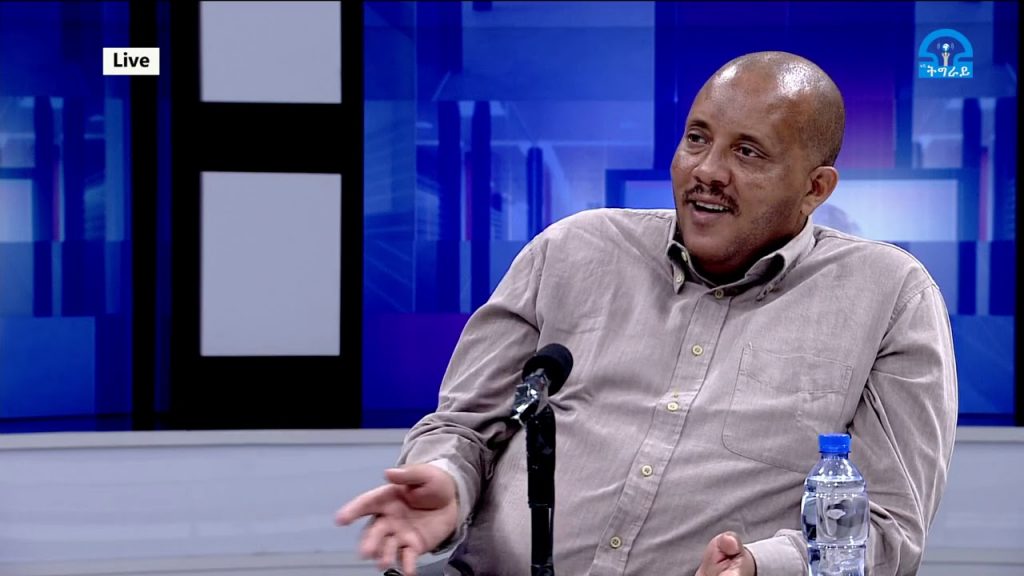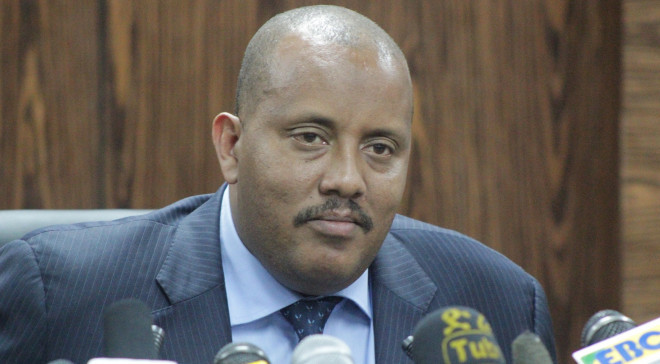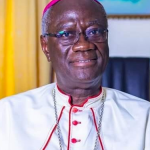Fighting broke out on Wednesday, shattering a long cease-fire and seriously undermining prospects for a durable peace as Ethiopia’s government and rebels in the unrest-plagued Tigray area traded accusations.

The Tigray rebels “had practically broken the cease-fire,” according to a government statement, by attacking Ethiopian forces close to the Kobo district. The strikes “on the Eastern Front; from Bisober, Zobel, and Tekulshe direction” started before daybreak, according to the statement. However, Getachew Reda, a spokesman for the Tigray People’s Liberation Front (TPLF), claimed Ethiopian forces had launched a “large-scale onslaught” against rebel positions. The international community and the well-orchestrated regime campaign, he claimed on Twitter, “have now been exposed for the spectacle that they have always been.”
According to a statement by the Tigrayan military command, an “extensive onslaught” began “in the direction of Chobe Ber, Janora, Gubagala, Yalow, Alamata, Bala and Bisober.” According to the statement, the assault was “planned as an auxiliary effort to facilitate the occupation of Southern Tigray,” with the “main offensive” anticipated “from Western Tigray and Western Gondar.” Since the administration of Prime Minister Abiy Ahmed unilaterally declared a truce in March, there has been a pause in the conflict that has lasted almost two years. The African Union’s mediation of discussions was rejected by the TPLF last week, but the government maintains that this is still the sole possible channel for communication.
Since the military conflict started in November 2020, thousands of people—mostly civilians—have died and millions have been displaced, with the United Nations (UN) attributing responsibility to both sides. With more than 40% of the estimated 6 million residents of the region in need of immediate help, the UN has warned that Tigray “stands on the precipice of a humanitarian crisis.” Comments made by the head of the World Health Organization on Thursday on the humanitarian situation in Tigray, the nation’s most northern district, were referred to by Ethiopia as “unethical.”
According to Billene Seyoum, press secretary for the Prime Minister’s Office, “the comment is one of several unethical ones being made by the WHO Director-General and is not surprising.” It is extremely unworthy of such a high-profile position, she remarked, to use the race card and one’s multilateral position to win the support of the global north for partisan politics.














